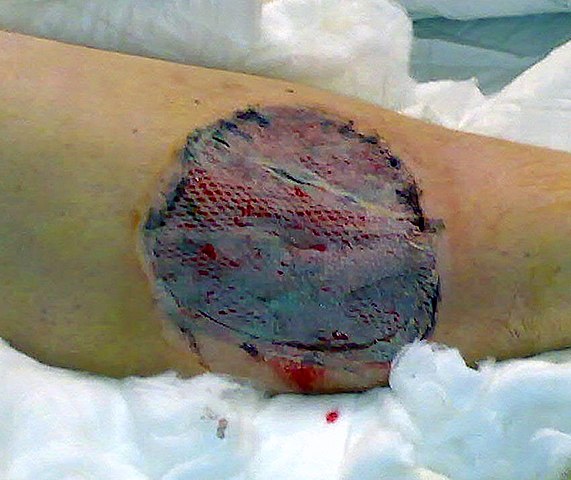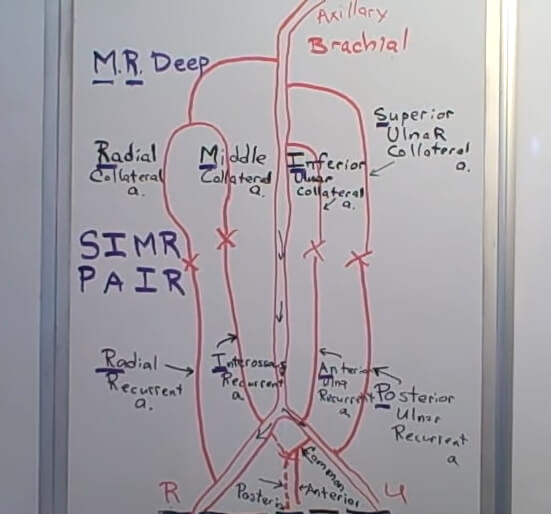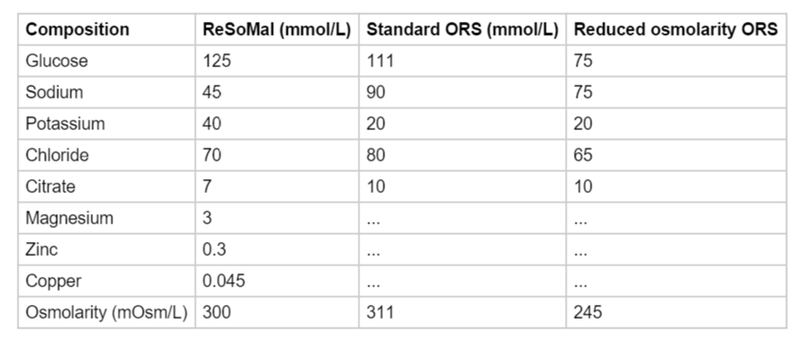Choosing a facial plastic surgeon is a crucial decision. Since many specialists are available, learning about the factors that make a good facial plastic surgeon is critical. It can help you choose a reliable surgeon. This guide provides valuable insights into finding a qualified professional for a stress-free experience.
Understanding Qualifications
Start by checking a surgeon’s qualifications. Board certification is essential, as it indicates that the doctor has completed the required training. It also guarantees high standards and complete compliance with the recommended medical practices in this field. It is preferable to choose a facial plastic surgeon with a reputable educational background because they are specifically trained for procedures on the face. For instance, when searching for a facial plastic surgeon in Newport Beach, inquire about the surgeon’s past patient outcomes to assess their skills and expertise.
Experience also matters. Find someone who has been practicing for many years. Also, ask about their experience with the type of procedure you need. Indeed, the more a surgeon does a particular kind of surgery, the better they are likely to be at it.
Researching and Seeking Referrals
Start by gathering recommendations. Talk to friends or family who have experienced the same procedure. You should also seek guidance from a trusted health care professional. Researching on the Internet can also help you determine your options.
Qualified professionals are often cited on reputable medical websites. Patient reviews and testimonials can be a valuable resource, offering insights into the experiences of others. Note both good and bad feedback for a comparative analysis.
Booking a Consultation
When you have narrowed down your list of potential surgeons, schedule consultations. During these meetings, assess the surgeon’s communication. A good surgeon should listen, allowing you to voice your concerns. They should clearly communicate protocols, risks associated with surgery, and alternative treatments.
Inquire into their surgical and post-surgical techniques. This information enables you to set realistic expectations. Ask about the clinic or hospital where the surgery will be performed. The safety and quality care that accredited facilities offer are vital.
Assessing the Facility and Team
The environment in which surgery occurs is essential to the overall experience. Ensure the facility is accredited by reputable organizations. Accreditation means that healthcare professionals meet high standards for safety.
The support team is equally important. Assess whether the staff is professional and friendly. Active and empathetic staff members can contribute to the overall experience. They assist with pre- and post-operative care, ensuring a smooth process.
Reviewing Before and After Photos
Request to see before-and-after pictures of previous patients. This visual evidence helps determine the surgeon’s level of skill. Consider results that align with your personal goals. A promising sign of skill is consistent outcomes. Also, ask for patient references. Talking to people who have undergone similar procedures provides significant information.
Understanding Costs and Financing
Discussing costs upfront is crucial. Get a comprehensive itemization of costs when comparing surgeon costs, anesthesia, and facility charges. Estimated costs help you budget accordingly. Explore financing options if needed. Some clinics provide payment plans or collaborate with financing companies. Clarifying payment terms with the clinic or hospital helps avoid unpleasant surprises later.
Considering the Surgeon’s Aesthetic Sense
A surgeon’s competence plays a significant role in the result. They should have a sense of balance and proportion. During consultations, discuss aesthetic preferences. Check whether your vision aligns with that of the surgeon. Ask about their philosophy on beauty and enhancement. This kind of discussion helps ensure that both parties share the same mindset and trust each other.
Trusting Instincts
Ultimately, it is most important to trust your own instincts. The most important thing is that you should feel comfortable and confident about a surgeon and their skills. Consultations should be clear; if any confusion arises, consider exploring alternatives. You should feel assured and be able to trust the surgeon you choose.
Conclusion
Selecting a qualified facial plastic surgeon takes time and consideration. You can make the best choice by considering their qualifications, experience, and communication style. Evaluating previous experience helps ease the decision-making process. If you follow the proper steps, locating an excellent surgeon will be easy, and you will be satisfied with the outcome.



